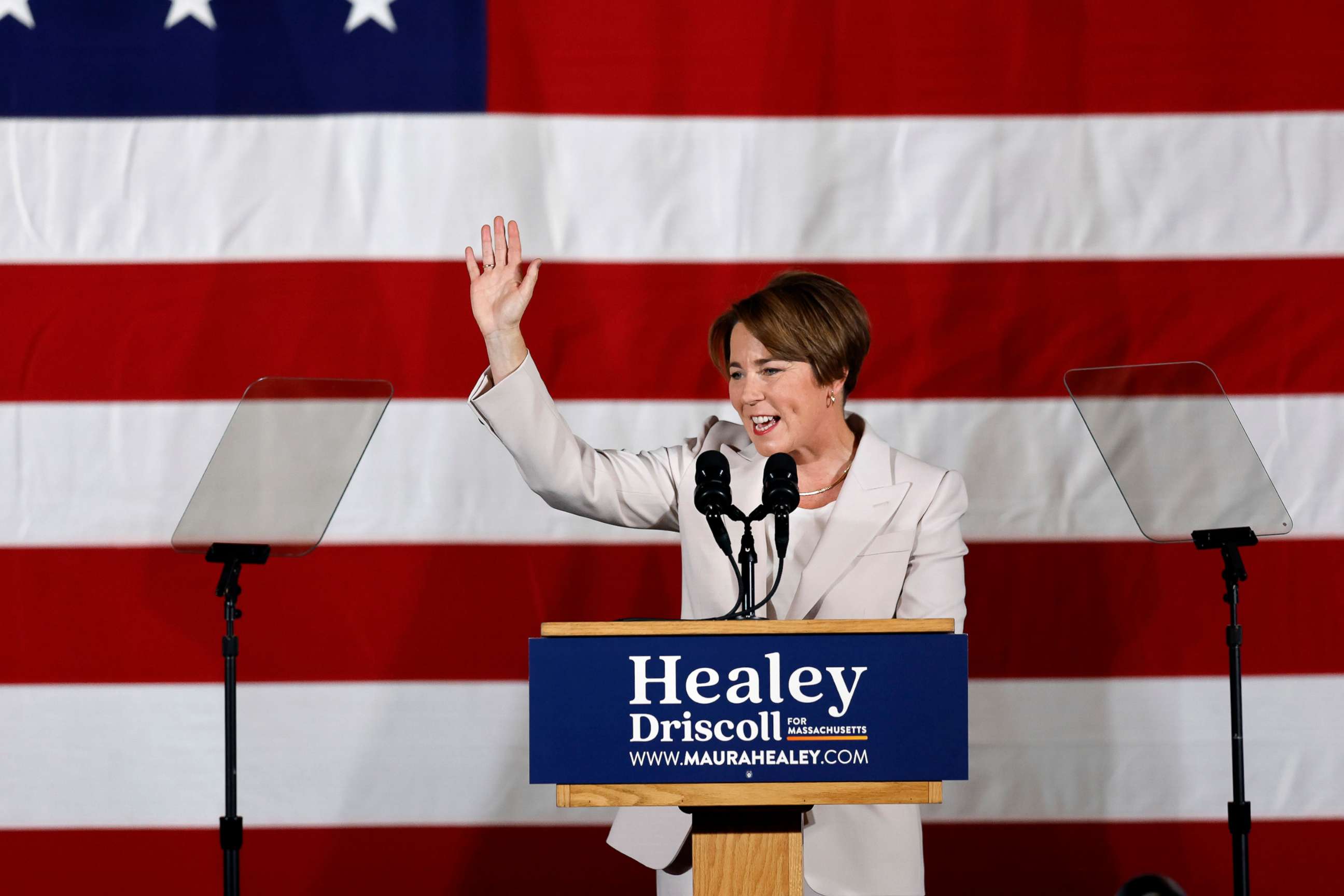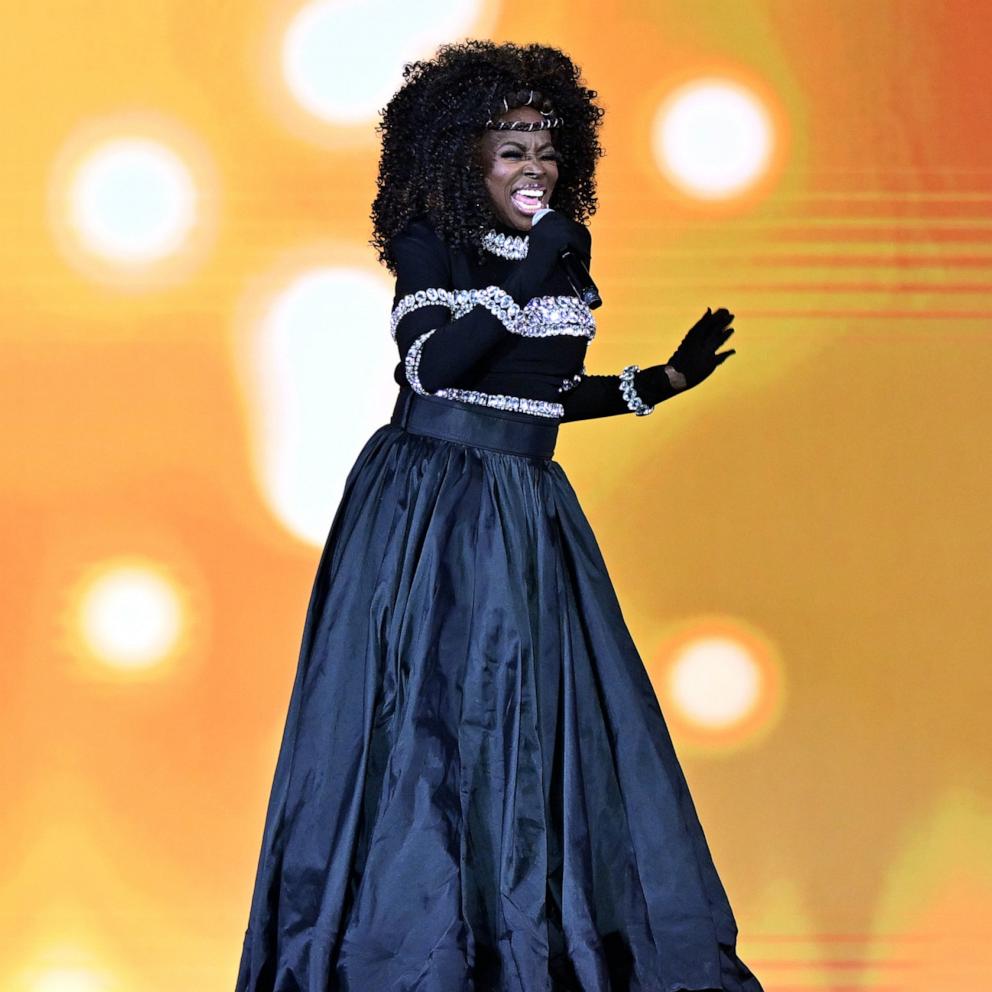LGBTQ rights wins, losses on election night highlight ongoing battle
Several candidates running on anti-LGBTQ platforms won their races in the 2022 midterm elections, as the scaling back of LGBTQ rights became a key issue in this election cycle for conservatives.
But the night also saw wins for openly LGBTQ candidates in several races across the country.
Many of the incumbents that have led the charge on anti-LGBTQ legislation – including Alabama Gov. Kay Ivey, Florida Gov. Ron DeSantis, Texas Gov. Greg Abbott and Oklahoma Gov. Kevin Stitt – were reelected to their seats.

"We reject woke ideology," DeSantis said in his election night speech. "We will never ever surrender to the woke agenda. People have come here because of our policies."
In Stitt's victory speech, he referenced some of his recent legislation, which includes a ban on nonbinary gender markers, a ban on trans youth participating on sports teams that align with their gender identity and restrictions on discussions around race and gender in public school classrooms.
"We're going to respect parents' rights and protect their say in their children's education in our state. We're going to focus on teaching kids and not indoctrinating them," Stitt said.
More than 300 bills have been introduced in the last year targeting access to gender-affirming care, queer identity in schools and other areas impacting LGBTQ people in education, healthcare and sports, according to the Human Rights Campaign.
Over $50 million was spent in LGBTQ attack advertisements in 25 states in the final days before the election, according to the Human Right Campaign.
However, anti-LGBTQ messaging didn't work for some candidates who lost their races, including candidates who expressed such views including Michigan Republican gubernatorial candidate Tudor Dixon, Pennsylvania Senate candidate Dr. Mehmet Oz and Pennsylvania gubernatorial candidate Doug Mastriano.
"That was a failed strategy, to try to create further hate and division and other trans folks and dehumanize them with these attack ads was not only despicable, but voters saw through it," said Geoff Wetrosky, HRC's national campaign director.
In contrast to the growing rhetoric against LGBTQ rights from conservatives, this election cycle was a historic one for the LGBTQ community. A record number of openly LGBTQ candidates ran for office and were elected across the country.

Activists told ABC News that the wave of wins act as a breath of hope for LGBTQ equality in the U.S. At least 340 openly LGBTQ candidates running in the midterms won state and U.S. seats thus far, according to political advocacy group LGBTQ Victory Fund.
"We know that when young people, LGBTQ people and people of color turn out to the polls and stand against repressive and regressive policies and candidates, we gain victories like the ones we saw in Arizona, Colorado, Kansas, Maryland, Pennsylvania, Michigan and Vermont," said Kierra Johnson, the executive director of the National LGBTQ Task Force Action Fund.
The LGBTQ community saw wins in representation, with candidates who identify as queer running for office in all 50 states, according to the LGBTQ Victory Fund.

Maura Healey of Massachusetts and Tina Kotek of Oregon were elected as the first openly lesbian governors in U.S. history. Several states have seen their first openly transgender, gay, lesbian and nonbinary elected officials.
"Tonight, I want to say something to every little girl and every young LGBTQ person out there: I hope tonight shows you that you can be whatever, whoever, you want to be," Healey said in her victory speech Tuesday.




